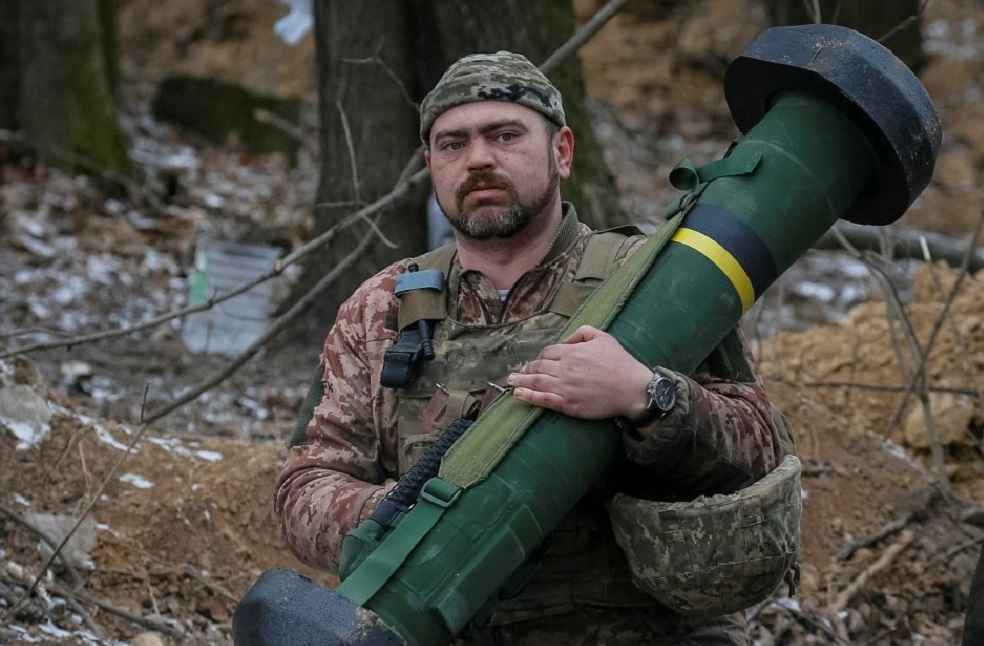The UK government halt certain arms exports to Israel, reflecting a strategic shift under the new Labour leadership. This action highlights a broader rethink of Britain’s stance on the Israel-Palestine conflict, setting the current government apart from its Conservative predecessor.
Labour, while maintaining unwavering support for Israel’s security, has introduced measures that mark a clear departure from previous policies. This suspension represents the third significant deviation by the government since it assumed power in July.
Earlier, Labour reinstated funding for UNRWA, the UN agency for Palestinian refugees, after a comprehensive review of alleged connections between its staff and terrorist organizations. Another recent decision involved dropping plans to challenge the International Criminal Court’s jurisdiction over Israeli Prime Minister Benjamin Netanyahu.

The government’s call for a ceasefire between Israel and Hamas, the release of all hostages, and increased humanitarian aid to Gaza has stirred debate within the Labour Party. Some backbenchers, advocating for a more assertive stance, have urged Prime Minister Keir Starmer to impose a complete ban on British arms sales to Israel.
The suspension has not escaped criticism. The Liberal Democrats have expressed concerns over its scope, with foreign affairs spokesperson Layla Moran stressing the need for scrutiny, particularly regarding export licenses that remain active. She questioned the decision’s focus on Gaza while seemingly overlooking the West Bank.
Green MP Ellie Chowns criticized the exemption of numerous licenses, raising doubts about the government’s commitment to ensuring that UK-licensed weapons are not used in ways that contravene international humanitarian law.

Conversely, Conservative MPs, including Shadow Foreign Secretary Andrew Mitchell, have viewed the decision skeptically, suggesting it attempts to balance Labour’s internal pressures without straining ties with Israel, a key ally. Mitchell cautioned that this approach might ultimately satisfy neither party.
The Campaign Against Arms Trade has documented that the UK has issued arms export licenses to Israel totaling £574 million since 2008. Parliamentary research reveals a significant drop in the value of these licenses, from £42 million in 2022 to £18.2 million in 2023.
IMEX SECTOR | Chinese Imports Hurting Indian MSMEs: GTRI Report



